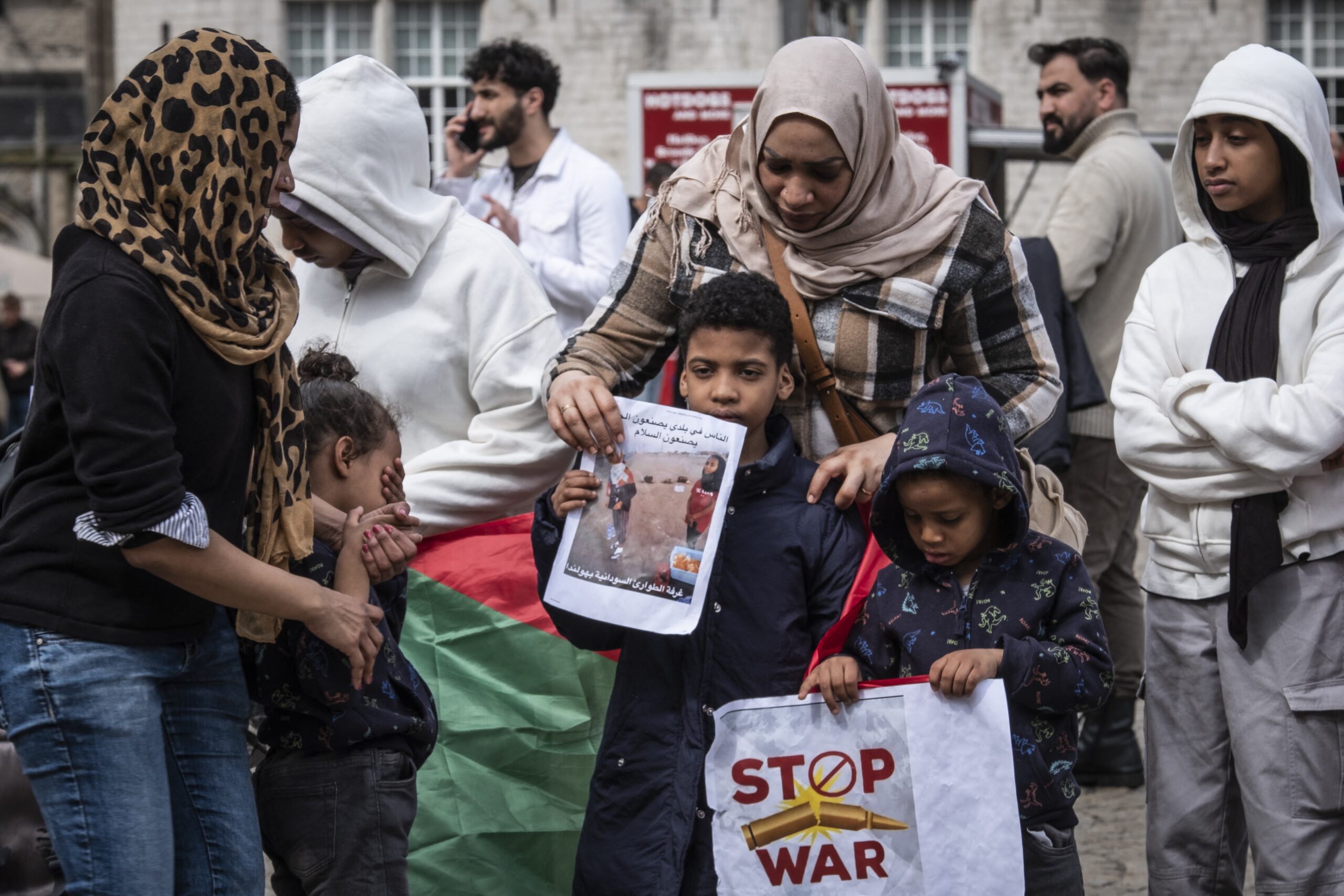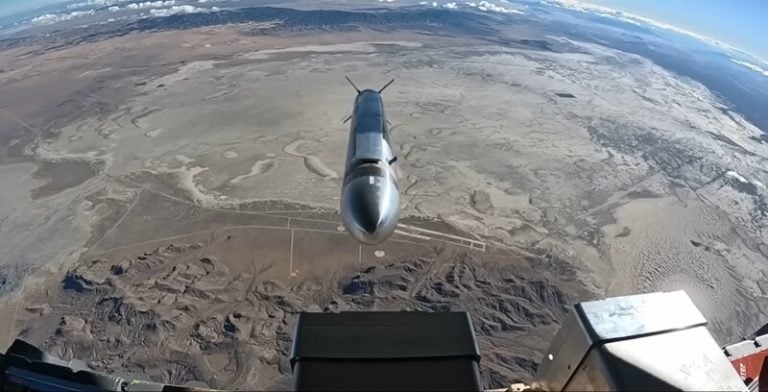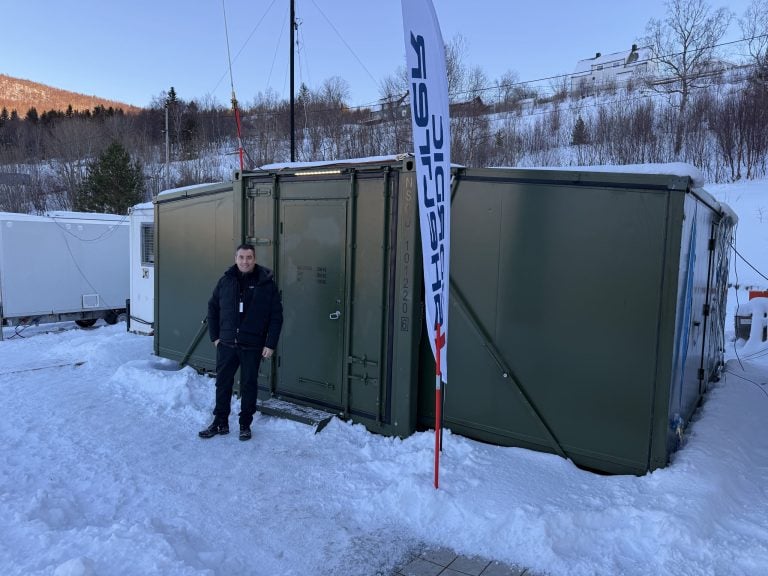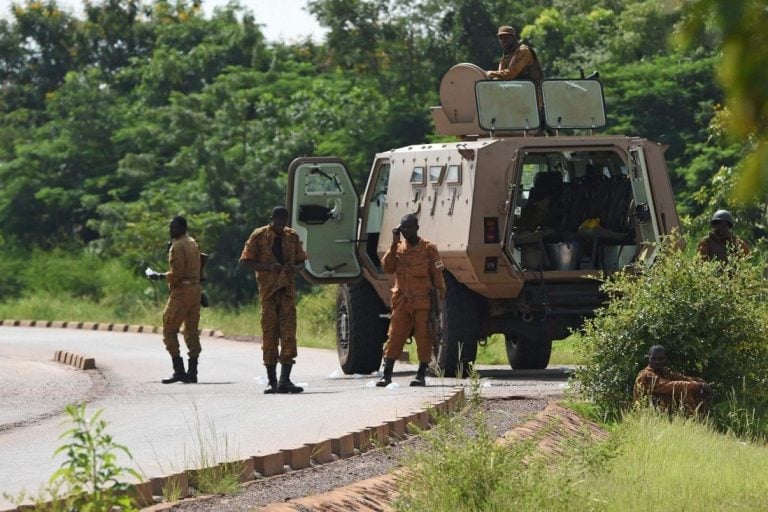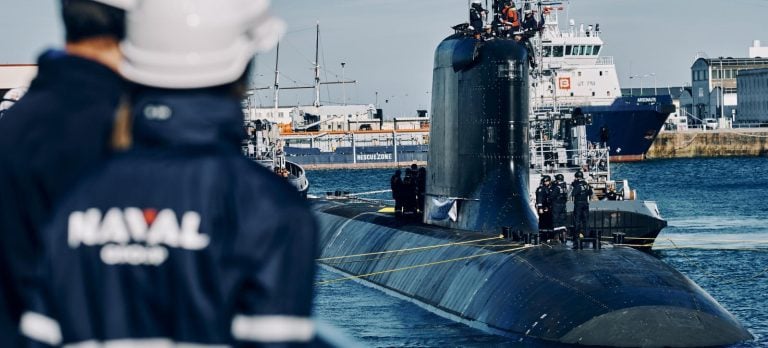In recent weeks, the market in Wad Madani, the capital of Sudan’s Al-Jazira state, has begun to reclaim its vibrancy after experiencing a prolonged period of fear and uncertainty. Just weeks ago, the streets were largely deserted as traders closed their doors, fearful of the paramilitary forces that had controlled the city. However, following the Sudanese army’s recapture of Wad Madani from the Rapid Support Forces (RSF) last month, the atmosphere is shifting back towards normalcy.
One trader, Obeid, expressed relief, stating, “We are feeling safe again. People are buying and selling like old times.” The sounds of bartering over fresh produce fill the air, signaling a tentative revival of commerce.
Since the outbreak of violence in April 2023, Sudan has been embroiled in a brutal conflict pitting army chief Abdel Fattah al-Burhan against his former deputy, Mohammed Hamdan Daglo, who leads the RSF. This conflict has led to significant humanitarian crises, drawing attention from the United Nations and international governments, including the United States, which has imposed sanctions on both military leaders for their roles in the violence.
Wad Madani became a fierce battleground when RSF forces invaded the city in December 2023, displacing hundreds of thousands and causing widespread devastation across the region. Today, while recovery is visible, it carries the weight of past destruction. Many buildings show signs of damage: charred walls and heaps of debris serve as reminders of the recent conflict, and many businesses remain inoperable after being destroyed by fire.
Inside the main hospital, normalcy is slowly returning, although challenges remain. Expectant mothers wait anxiously alongside their families, while nurses hustle through the corridors. “Medicine is available. Life is finally back to normal. Things have completely changed, thank God,” said patient Rehab Moussa. However, obstetrics and gynecology specialist Khalid Mohammed acknowledged that while gradual improvements are being made, the facility is still grappling with acute shortages of staff, medicine, and equipment. He revealed, “Our surgical supplies, including sutures, are nearly expired and we really need more anesthesia equipment,” highlighting the ongoing struggles for healthcare providers.
The recapturing of Wad Madani has inspired many displaced individuals to return home, with jubilant chants resonating in displacement camps across the nation. Reports indicate that dozens of buses have transported thousands of people back to Wad Madani from areas like Port Sudan, Gedaref, and Kassala, where approximately 1.5 million displaced individuals have sought refuge. Many returnees are uncertain about what awaits them, with some knowing their homes were looted during their absence.
Despite the city’s gradual recovery, systemic issues persist. Residents report ongoing power outages, frequent water shortages, and a recently lifted communications blackout that complicated their ability to connect with loved ones. Nevertheless, local tuk-tuk driver Mohammed Abdel Moneim remains optimistic about the city’s future, stating, “The city is safe now. Everything is fine. But it is still missing one thing: the people. We need everyone to come back and rebuild the city.”
The broader context of this conflict reveals a distressing reality, as Sudan is facing the largest internal displacement crisis in the world. A staggering 11.5 million people have been internally displaced, including 2.7 million who were uprooted during previous conflicts. Many displaced individuals face severe humanitarian challenges, struggling with shortages of food, medicine, and essential supplies, even in areas deemed safe under military control.
Furthermore, local monitors and the United Nations have documented continued abuses, particularly against marginalized communities, raising concerns about safety and justice as the country seeks to emerge from the shadows of this devastating conflict. The path ahead remains uncertain for both Wad Madani and the wider region, as the struggle for stability and recovery continues.
